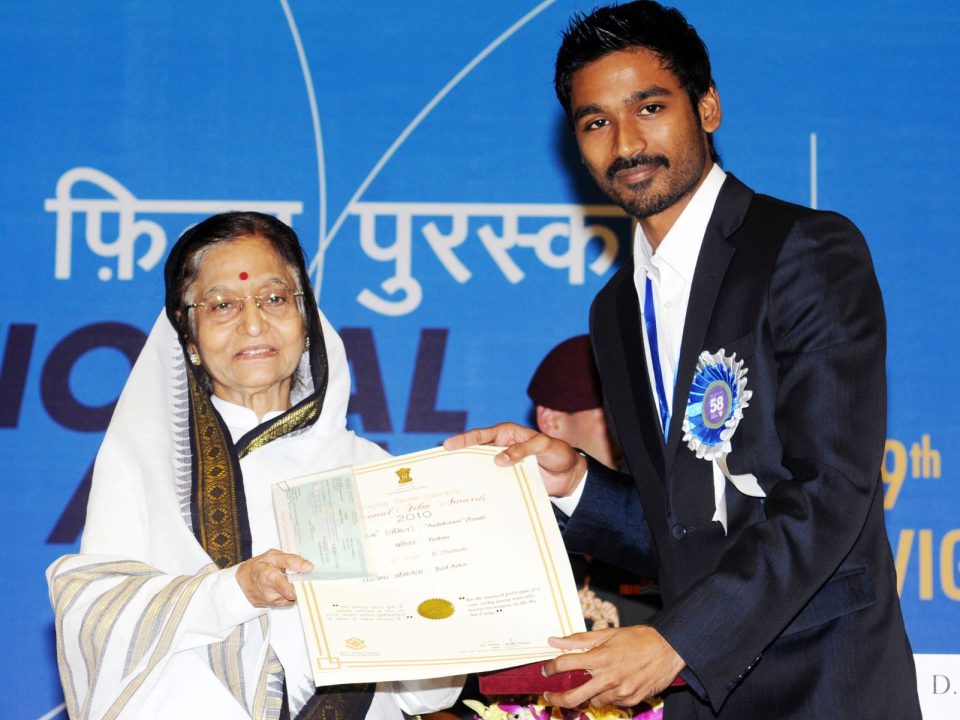
Navigating Vehicle Challans: Leveraging Lok Adalats for Efficient Dispute Resolution
13/07/2023
Demystifying New Property Registration Rules: Your Guide with MyLawPoint
19/02/2024Domestic violence is a pervasive societal issue with global ramifications, inflicting profound harm on victims’ physical, emotional, and psychological well-being. In India, where societal norms intersect with cultural dynamics, exacerbating the issue, the Domestic Violence Act serves as a crucial legal framework providing avenues of redress and protection for survivors. Let’s delve into the comprehensive scope of the Act, its operational mechanisms, awareness initiatives, interdisciplinary collaboration, and its commitment to promoting gender equality and social justice.
Comprehensive Definition and Scope
The Domestic Violence Act offers a nuanced definition of abuse, encompassing diverse manifestations within intimate relationships and extending its protection to various domestic relationships beyond spousal abuse. This inclusivity ensures individuals of all backgrounds can seek recourse under the law, recognizing the vulnerabilities faced by different segments of society.
Operational Mechanisms
Designed to provide immediate relief and long-term legal remedies, the Act empowers victims to file complaints triggering legal mechanisms aimed at ensuring their safety and well-being. These mechanisms include protection orders, compensation provisions, and temporary custody arrangements for children.
Awareness and Education Initiatives
Efforts to raise awareness about the Act and domestic abuse dynamics are crucial in destigmatizing discussions and empowering survivors to seek help. Through outreach programs and public campaigns, stakeholders strive to educate the public about the prevalence, impacts, and legal rights afforded by the Act.
Interdisciplinary Collaboration
Effective implementation of the Act requires collaboration among legal professionals, social workers, healthcare providers, educators, and community-based organizations. By working together, stakeholders can provide survivors with comprehensive support tailored to their needs.
Long-Term Empowerment
Prioritizing survivors’ long-term well-being, the Act includes provisions for counseling, rehabilitation, and economic assistance, enabling them to rebuild their lives with confidence and self-reliance.
Promoting Gender Equality and Social Justice
Embedded within the Act is a commitment to promoting gender equality, social justice, and human rights for all individuals. By challenging entrenched norms and dismantling systemic barriers, the Act seeks to foster a more equitable and inclusive society.
Punishment for Domestic Violence Acts
Section 498A of the Indian Penal Code outlines the punishment for domestic violence acts, mandating imprisonment and fines for offenders.
Conclusion: Upholding Rights and Justice
In conclusion, the Domestic Violence Act represents a cornerstone of India’s legal framework for combating domestic violence, offering hope and justice for survivors while promoting gender equality and social justice. Let us remain steadfast in our commitment to upholding its principles, ensuring all individuals have the right to live free from fear and violence.



